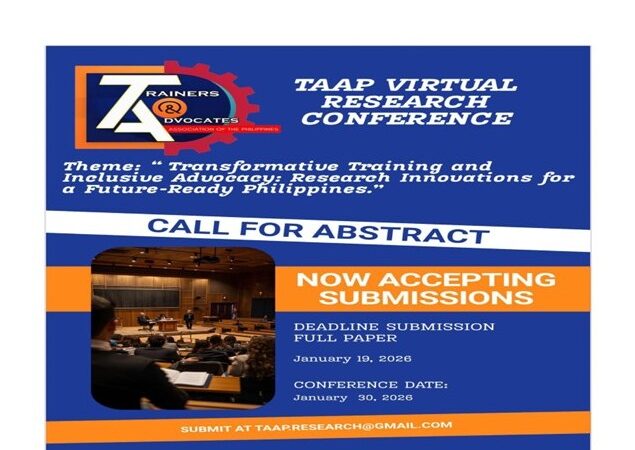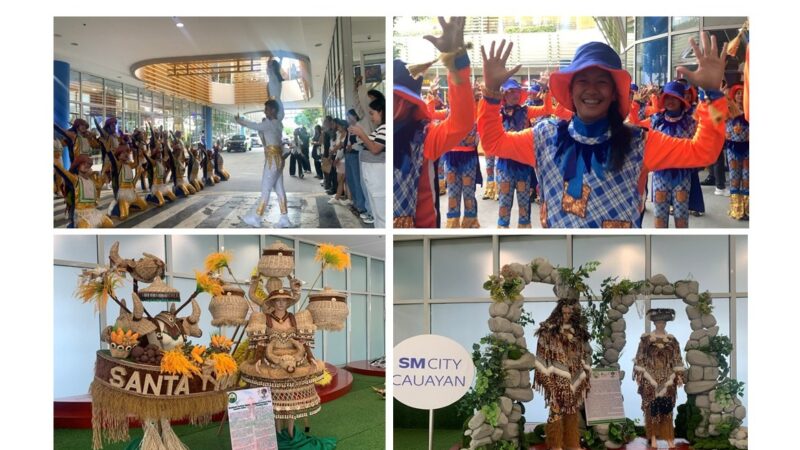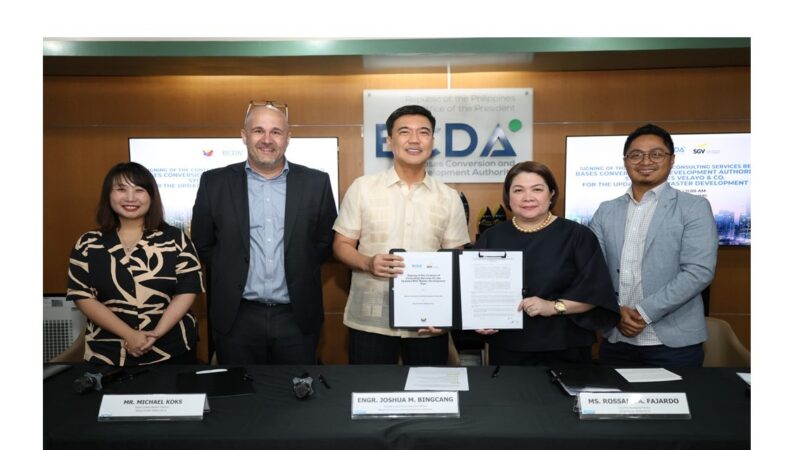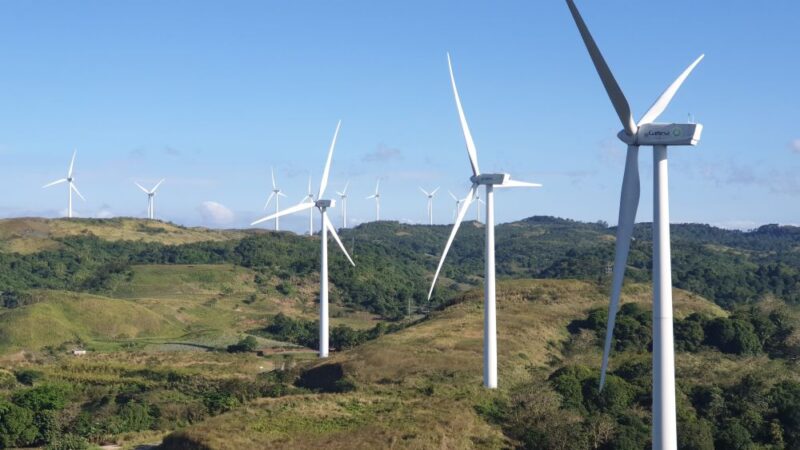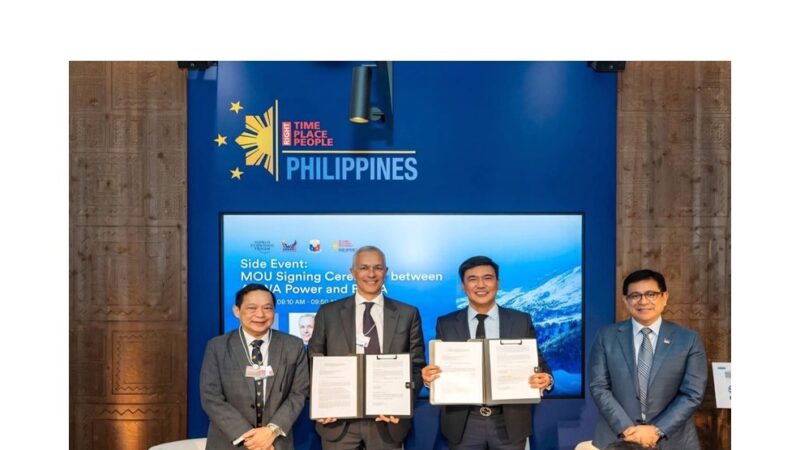Groups to New LGU Leaders: Hit the Ground Running to Uphold the Human Right to a Clean, Healthy and Sustainable Environment
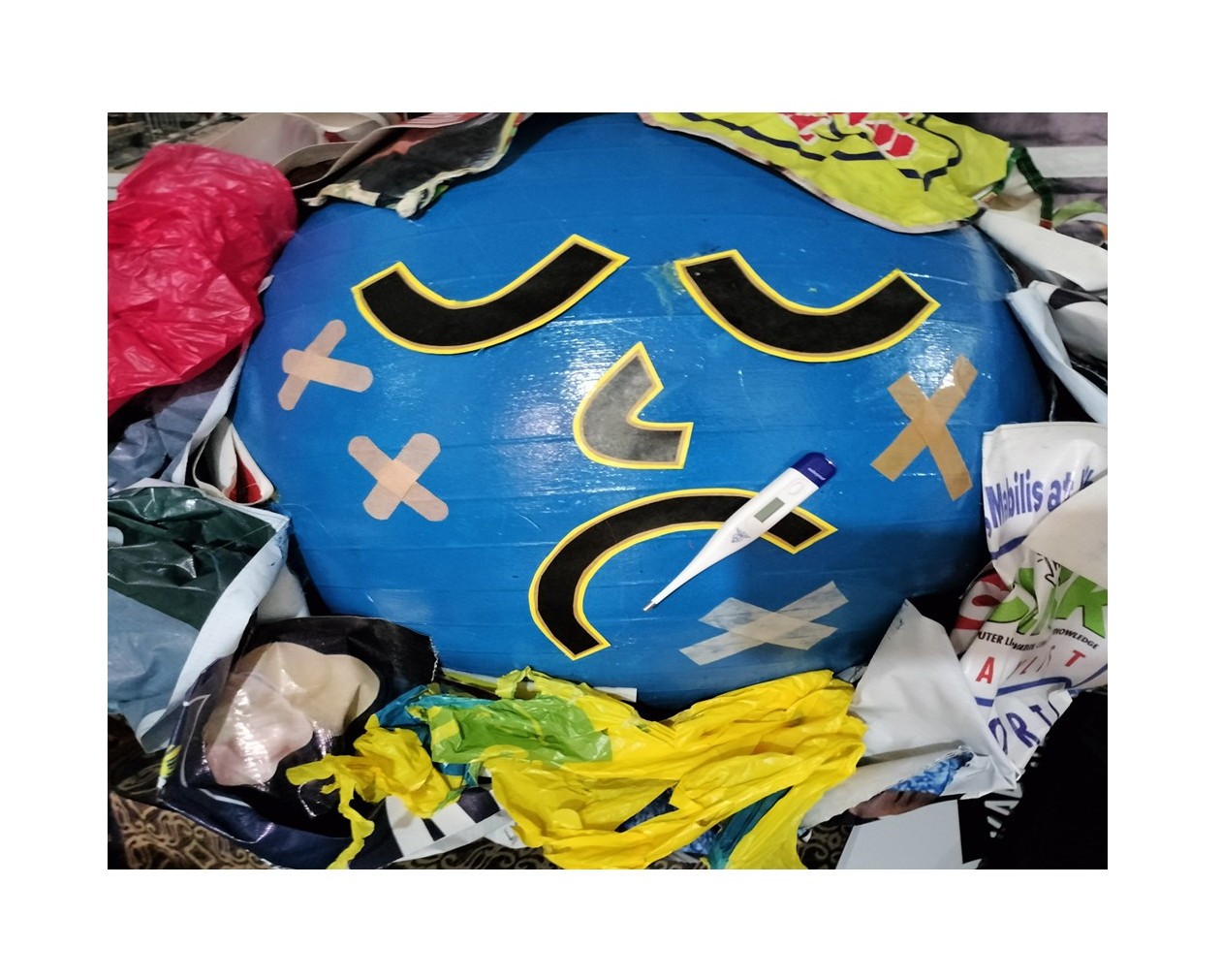
30 June 2025, Quezon City. As the country’s new batch of elected public servants commences their service today, civil society organizations challenged them to take the lead in upholding the human right to a clean, healthy, and sustainable environment.
“We urge our elected public servants in all local government units (LGUs) to utilize their powers and resources to the fullest to provide their constituents with the best of the devolved basic services that will protect their health and the environment amid the triple planetary crisis of pollution, climate change, and biodiversity loss that exacerbates the vulnerabilities of our communities,” said Aileen Lucero, National Coordinator, EcoWaste Coalition. “We expect them to engage the citizenry in carrying out their huge responsibilities under major environmental laws such as Republic Acts 9003 (Ecological Solid Waste Management Act), 8749 (Clean Air Act), 9275 (Clean Water Act), 9729 (Climate Change Act), and other pollution prevention laws within their territorial jurisdictions.”
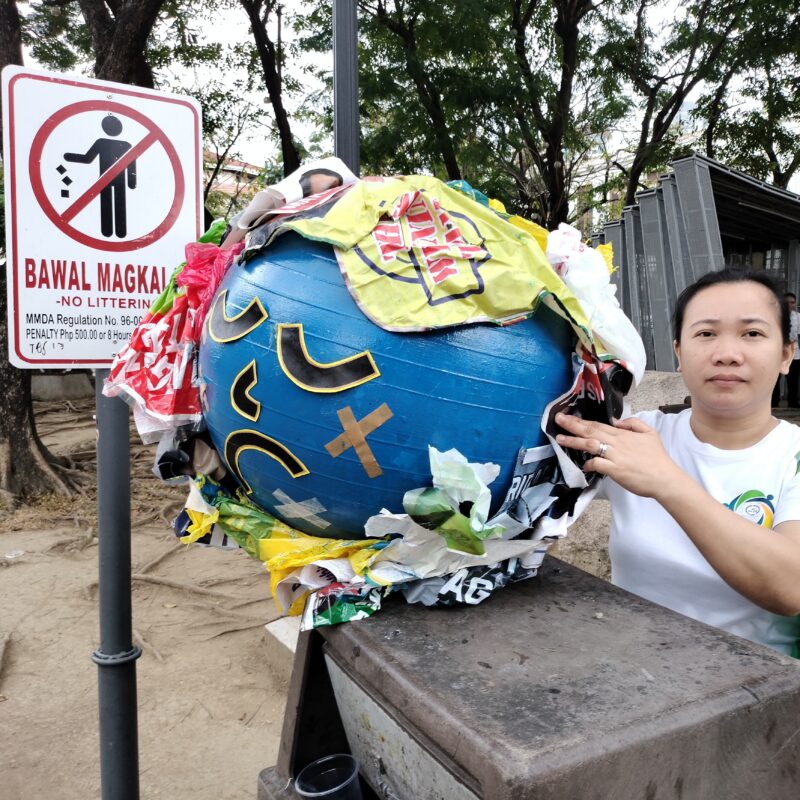
In statements provided to the Secretariat of the EcoWaste Coalition, the Mother Earth Foundation (MEF), the Partnership for Clean Air (PCA), and the Philippine Rural Reconstruction Movement (PRRM) urged LGUs to enforce RA 9003 to prevent and reduce the volume and toxicity of wastes generated by households, institutions, factories, farms and other generators.
Sonia Mendoza, MEF Chairman, highlighted the importance of proper enforcement of laws and ordinances on ecological solid waste management (ESWM), including local bans on single-use plastics, and the strict imposition of fines and penalties to promote compliance.
Rene Pineda, PCA President, pushed for the implementation of RA 9003 to the letter and the institution of cooperatives to support social enterprises from waste management such as urban vegetable gardening, as well public audit of waste management appropriations to exact accountability.
Neneng Lava of the PRRM called on LGUs to strengthen local efforts to improve waste segregation and collection efficiency and to make Materials Recovery Facilities (MRFs) functional, as well as plastic use reduction and the institutionalization of reuse strategy.
Like their counterparts in other parts of the country, Cebu-based Action for Nurturing Children and Environment (ANCE) wanted local officials to enforce strict waste segregation, regular garbage collection, support recycling initiatives, and impose sanctions against open dumping.
The associations of resource collectors’ in Cugman, Cagayan de Oro City and Mintal, Davao City also prodded local councils to prioritize the implementation of ESWM at the barangay level for health and a clean environment.
Carmela Marie Santos, Director of Ecoteneo based at Ateneo de Davao University urged LGUs to say no to waste-to-energy incineration and yes to zero waste programs starting with plastic use reduction. She likewise urged local leaders to make cities and municipalities livable and sustainable by, for example, aiming for 70 to 80 percent green spaces to fight off urban heat and bring to life fireflies and urban biodiversity, providing for walkable and bikeable streets, improving mass transportation, and restoring watersheds for clean drinking water.
“Caritas Philippines urges newly elected LGU officials to prioritize ecological justice through strict implementation of zero-waste programs, protection of watersheds and coastal areas, and rejection of incineration and fossil fuel projects,” said Jing Rey Henderson, National Head of Integral Ecology, Caritas Philippines. “Ensuring access to clean water, sanitation, and climate resilience must go hand in hand with promoting renewable energy and sustainable livelihoods.”
“LGUs must uphold the rights and safety of waste workers, environmental defenders, and indigenous communities. Inclusive governance, public participation, and full transparency are essential to ensure accountability in all environmental actions. By putting people, planet, and accountability at the center of leadership, LGUs can help build healthier, just, and pollution-free communities,” said Henderson.
The groups, all members of the EcoWaste Coalition, expressed their collective hopes that the newly installed local leaders will hit the ground running, serve their constituents with honesty, integrity and transparency, and put the greater interest of the people and the environment above all. ###

